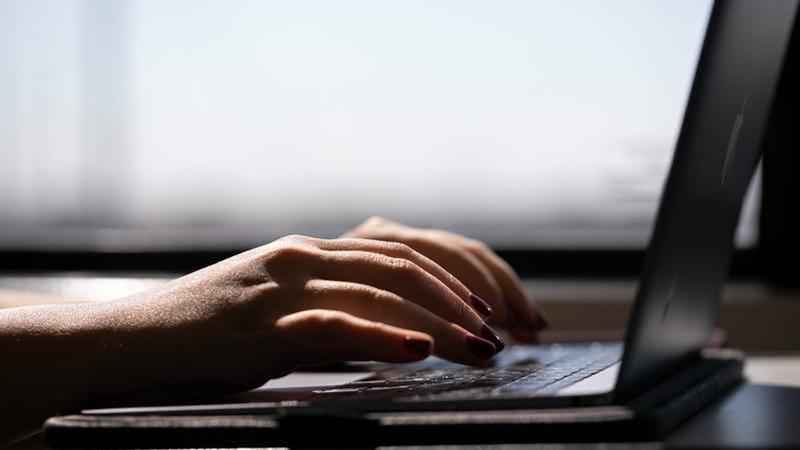Telephone, internet assistance available to aid low-income customers in Minnesota

[KSTP]
Access to local emergency services and community resources is important to Minnesotans.
Starting next week, the state will highlight Lifeline Awareness Week, which is the Minnesota Public Utilities Commission’s (MPUC) promotion towards the Lifeline Program and the complementary Emergency Broadband Benefit. The benefit offers discounts to help residents have access to telephone service and broadband internet, according to the MPUC.
KSTP’s Kirsten Swanson has done extensive reporting on the matter, highlighting areas in the state where internet access and connection speeds comes at a minimum.
"Staying connected through telephone service or the internet is important for Minnesotans – whether someone may need emergency services, are working remotely, or have students who are distance learning," said Commissioner Matthew Schuerger. "If you or someone you know are having trouble affording telephone service or broadband, reach out to your Lifeline provider or the Commission’s Consumer Affairs Office for help."
Under the federal Lifeline Program, telephone customers who qualify for certain assistance programs are able to receive a discount for basic telephone service. The discount is a bill credit of up to $9.25 a month, according to a release. There is an additional discount of $25 available to Minnesota residents who reside on federally recognized Tribal lands, as well.
This discount is available with landline service providers, broadband providers and many wireless providers who offer free cellphones. The Minnesota Telephone Assistance Plan also offers citizens who qualify for Lifeline a $10 discount on landline phone service, which can be combined with the federal Lifeline credit for a greater discount.
Additionally, Congress created a program to complement Lifeline called the Emergency Broadband Benefit (EBB). EBB provides eligible households up to a $50 monthly discount for broadband services — and more for households on qualifying Tribal lands. Current Lifeline participants are automatically available, and, in most cases, they don’t need to apply separately for the EBB. However, they do need to select a provider and eligible EBB plan to receive the benefit, according to the MPUC.
Single taxpayer households with incomes at or below $99,000 or joint taxpayer households with incomes at or below $198,000 are eligible for EBB as are households that qualify for the free and reduced-price school lunch or breakfast programs.
To apply for benefits, contact your local landline or wireless Lifeline provider or the commission. The agency can be reached through the following ways: